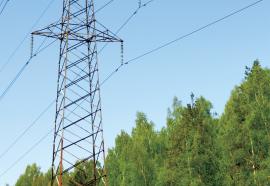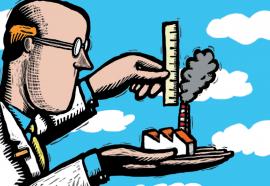Efficiency Beyond the Low Fruit
Continuous improvement requires changing practices and cultural norms.
As efficiency programs mature, utilities and regulators will be challenged to keep producing demand-side resources. A systems-oriented approach can yield cost-effective results.






